Badly designed or old buildings in poor repair could be costing you £1.2 million pounds in lost revenue from your dairy cows.
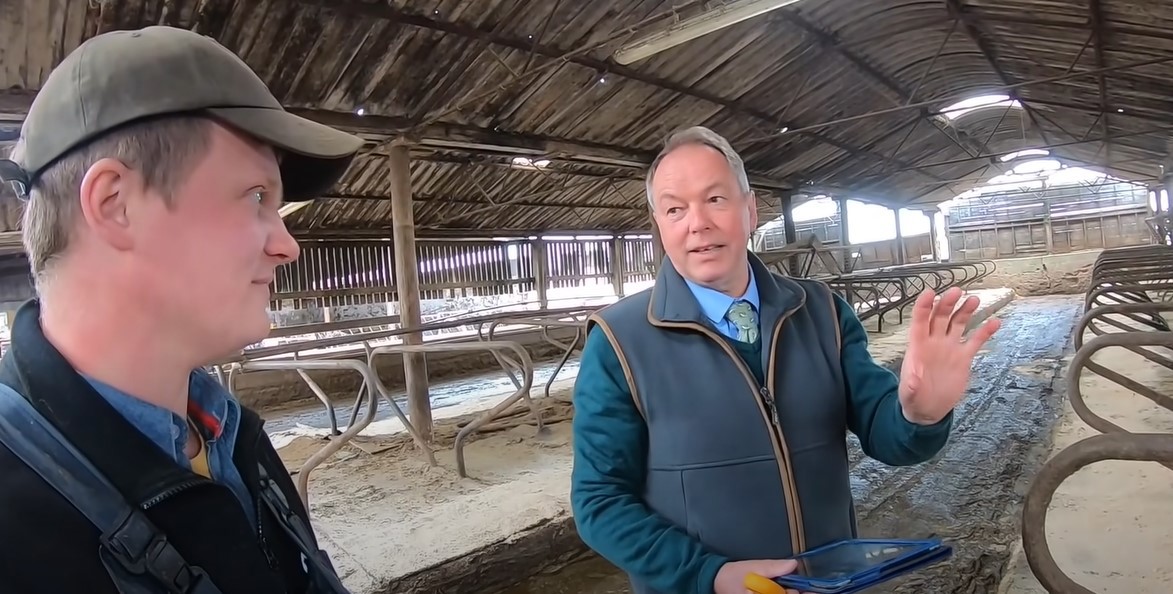
Tom Pemberton
YouTuber and farmer Tom Pemberton was stunned to discover the extent of the potential loss in earnings when Stuart Daniell, Eternit’s agricultural building expert, paid him a visit. Tom, who regularly posts videos from this farm to his 379,000 YouTube subscribers, recently asked Stuart to come and do a health check on his two existing cow barns.
And while letting off a couple of smoke bombs in the barns might have been part of the fun, the stunt wasn’t just a video ploy. The smoke bombs allowed Stuart to analyse the air flow and ventilation in both sheds. Watch the video here (smoke bombs go off at 9:33 and 17:37).
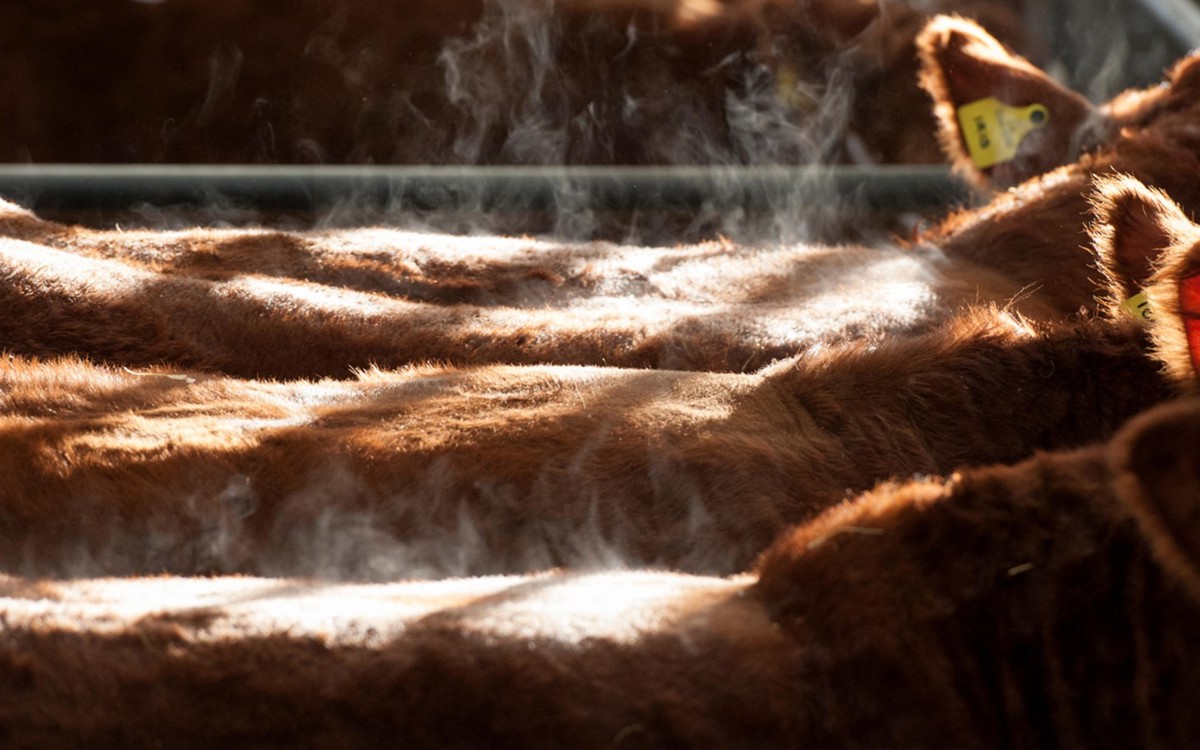
Reducing heat stress
Good air flow, comfortable temperatures and adequate lighting are extremely important for good cow health, explains Stuart. And healthy cows perform better, it’s a scientific fact.
“Heat stress can decimate milk production,” says Stuart. “A milking cow will produce 40% more heat than a dry cow and it has to get rid of that heat. To combat the rising heat, you need to put fresh air over cows. If they don’t get that fresh air, production will be down, if production is down, revenue is down.”
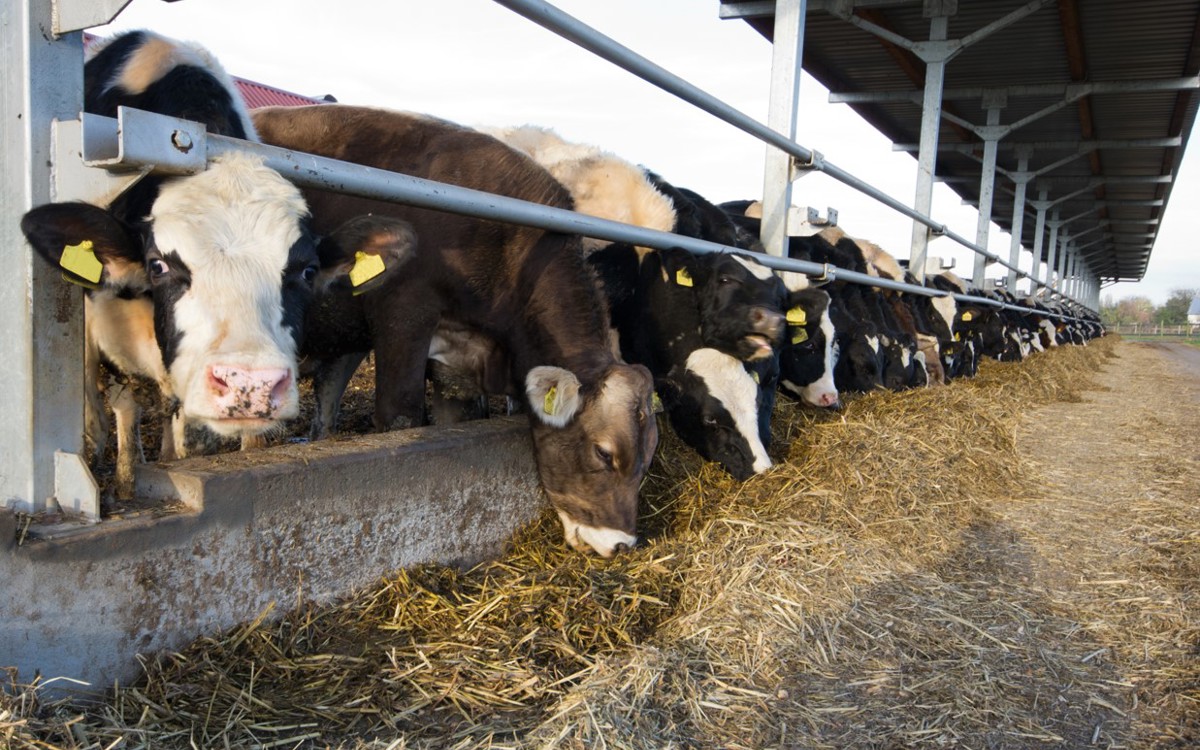
Improving ventilation
After the first bomb went off in Tom’s shed, the smoke stayed in the building for over two minutes but a well-ventilated shed should have a complete air change in 40 seconds, according to Stuart. And in the second building – even with its higher roof - smoke stayed in the building for over seven minutes.
“The smoke bomb showed me that the air is circulating all around the barn so any microorganisms or bacteria or viruses that are released from one cow are doing a complete circuit of the building,” says Stuart. “If one cow comes in with pneumonia and she coughs, those microorganisms will be distributed onto the backs of the other cows. Cows lick themselves clean so they will ingest it, and that’s how disease gets transmitted.”
Poor ventilation in a building can have an effect of up to 10% on milk yield Stuart explains. So for a herd like Tom Pemberton’s of 110 cows, giving an average of 25 litres of milk, that’s 1.2 litres lost. 110 multiplied by 1.2 is 130 litres. At 25p a litre, that works out at £32 a day, nearly £1000 a month and £12,000 a year. If you anticipate that the life span of the building is 50 years, that’s £600,000 lost because of a building that is not adequate for the job of housing livestock and doesn’t have the right ventilation and humidity control. If you deduct another 5% for inadequate lighting, that’s £1.2 million lost.
The smoke bomb in the second building showed that the air is rising up to the roof and then drifting to the side, so the dirty air from the cows on one side is being pushed over to the other. This is why controlling air flow is important, Stuart explains. It’s not just a case of just having ventilation gaps, it’s a case of controlling the air.
“Ideally, we want the air coming in from the sides and pushing up through the ridge and in this shed that’s not happening – the ridge unfortunately on this one is not really suited for livestock, and it would have been installed at a time when the science wasn’t properly understood.”
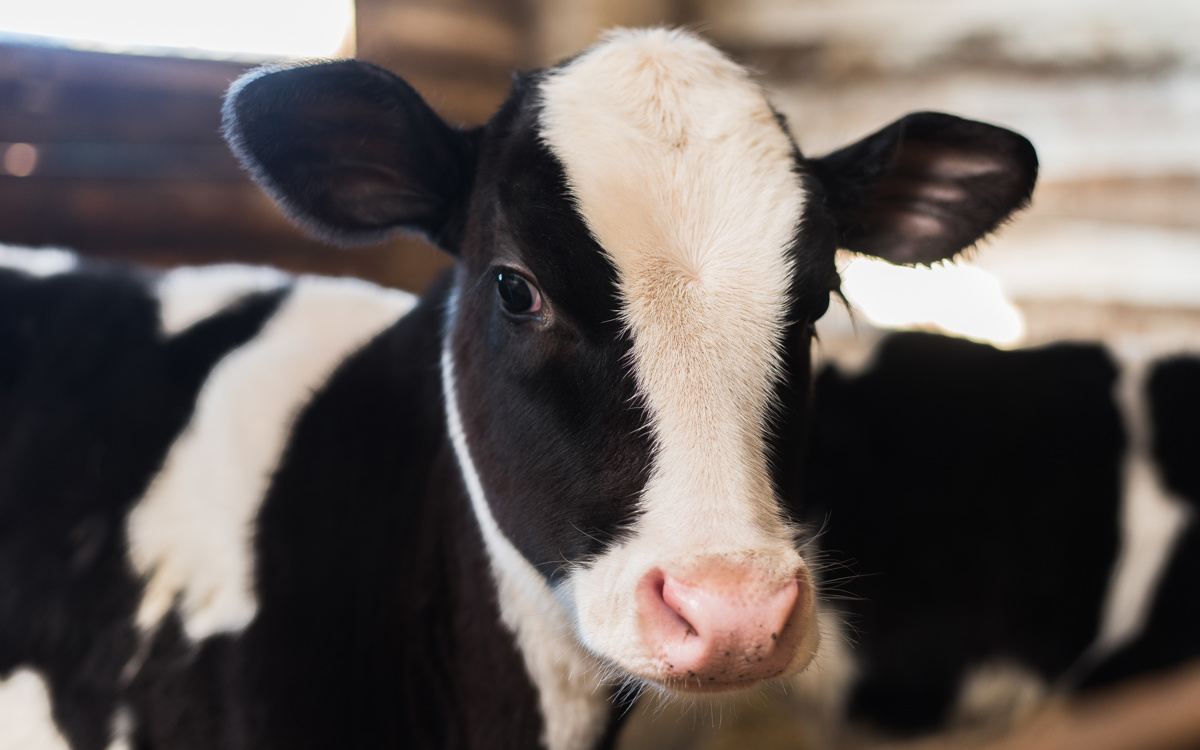
Reducing noise stress and heat
The temperature levels in Tom’s second shed also provided another revelation. Under the roof light the temperature was 13 degrees but as soon as the sun came out, it rose to 18 degrees in just 20 minutes.
“As soon as it gets to 20 degrees in this building, with humidity around 80% - which it would be with the cattle in here - you’re into a situation where the cows could start to experience heat stress,” says Stuart. “Add noise into the mix and you’re in even worse trouble. Anything over 80db of noise over a sustained period will reduce the fertility of cows.”
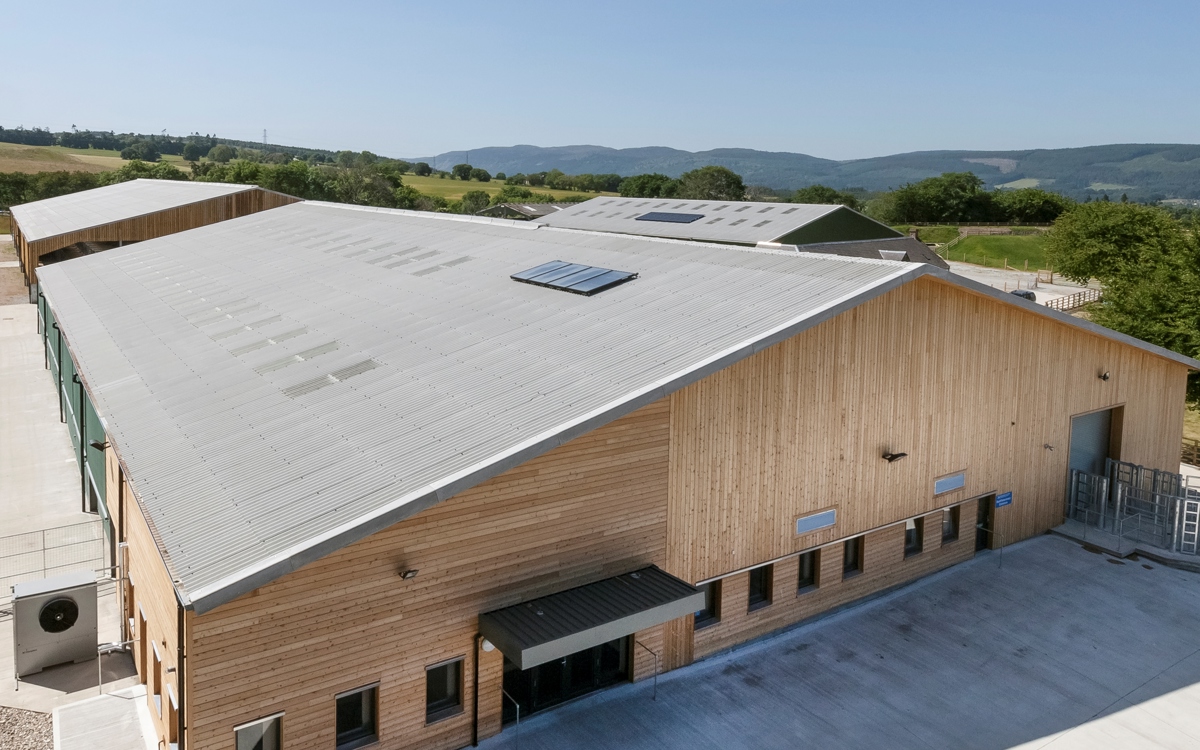
Thermal conductivity and moisture control
Eternit semi compressed fibre cement sheets designed to absorb up to 25% of their weight in moisture and absorb 40% more moisture than a fully compressed sheet. Advanced performance thermal technology absorbs heat from the sun on hot days to keep temperatures inside lower, while retaining heat on cold days. Fibre cement sheets also have a very high acoustic damping performance, which reduces the stress caused by noise for the animals – the noise of heavy rainfall is only half as loud under Eternit roofs compared to metal roofs
With Stuart’s help, Tom is designing a new shed that replaces one of his original buildings with consideration to air flow, temperature, light and noise to create a more comfortable environment for cows - one that optimises their milk production.
“I’m taking a lot of advice from Stuart,” says Tom. “He knows what he’s doing, he looks at new setups all the time and this will work.”
Our promise to you
The good news is that you don’t have to be a celebrity YouTuber to avail of Eternit’s health checks. Contact us now to book a check on your own farm buildings. We will test light levels, moisture, ventilation and all of the other factors that impact on animal wellbeing to help you improve your animals’ housing, performance and ultimately profits.